Mosquitoes, with their irritating bites and potential to transmit diseases, are a perennial nuisance, especially during warm seasons or in regions with high humidity. As much as we enjoy spending time outdoors, mosquitoes’ constant buzz and bites can quickly dampen our outdoor experiences. While chemical mosquito repellents are readily available, many individuals are turning to natural alternatives for a safer and eco-friendly approach to mosquito control.
In recent years, the popularity of mosquito repellent plants has surged as people seek effective yet sustainable methods to ward off these pesky insects. These plants offer a natural and aromatic defense against mosquitoes, making them an attractive option for those who prefer to avoid synthetic chemicals. Not only do these plants serve a practical purpose, but they also add beauty, fragrance, and biodiversity to our gardens and outdoor spaces.
In this article, we will delve into mosquito repellent plants – a diverse array of botanical defenders that add beauty to your surroundings and serve as effective shields against these pesky insects. From the soothing fragrance of lavender to the vibrant colors of marigolds, these plants offer a delightful and practical solution to mosquito problems. Join us as we explore ten remarkable plants that beautify your surroundings and provide natural and effective protection against mosquitoes.
Table of Contents
Why Use Natural Ways Like Mosquito Repellent Plants?
In recent years, the popularity of mosquito repellent plants has surged as people seek effective yet sustainable methods to ward off these pesky insects. The decision to use natural mosquito repellents is driven by several compelling reasons:
- Safety: Chemical insect repellents often contain synthetic compounds such as DEET, which can raise concerns about potential health risks, especially with frequent use. Natural repellents derived from plants are considered safer for both humans and the environment.
- Environmentally Friendly: Chemical insecticides not only pose risks to human health but also have adverse effects on the environment. They can contaminate soil and water sources, harm beneficial insects, and disrupt ecosystems. Using natural repellents reduces our environmental footprint and promotes sustainability.
- Non-Toxic: Natural mosquito repellents are typically non-toxic and pose minimal risks to pets, wildlife, and beneficial insects. They provide effective mosquito control without compromising the health of our ecosystems.
- Aromatic Benefits: Mosquito repellent plants not only repel insects but also emit pleasant fragrances that enhance the ambiance of outdoor spaces. Lavender, citronella, and other aromatic plants add sensory appeal to gardens and patios.
- Long-Term Solutions: While chemical repellents offer temporary relief from mosquitoes, natural repellents provide long-term solutions. By incorporating mosquito repellent plants into our landscapes, we create sustainable ecosystems that deter mosquitoes naturally.
Learn about 10 Stunning Black Plants for Your Garden
Let’s dive into the most popular 10 plants to naturally repel mosquitos
1. Lavender
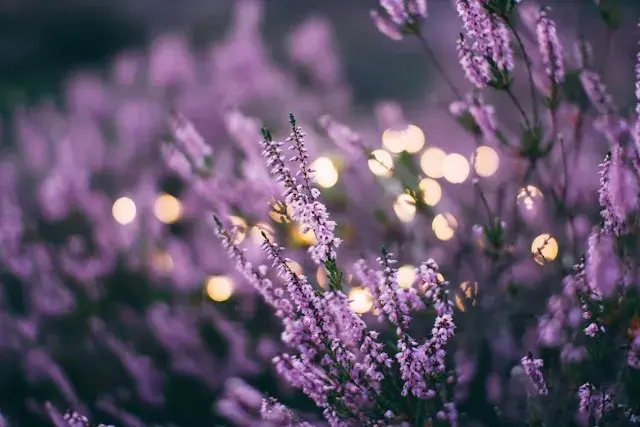
Lavender, celebrated for its enchanting aroma, effortlessly claims the top spot among mosquito-repelling plants. Beyond merely contributing to your garden’s visual appeal, lavender acts as a formidable natural deterrent for mosquitoes. The essential oils present in lavender emit a scent that mosquitoes find utterly repulsive, making it a double-edged sword of beauty and functionality. To maximize its benefits, consider planting lavender in well-drained soil, allowing it to bask in the sunlight – a simple yet effective strategy for enhancing its mosquito-repelling prowess.
2. Citronella
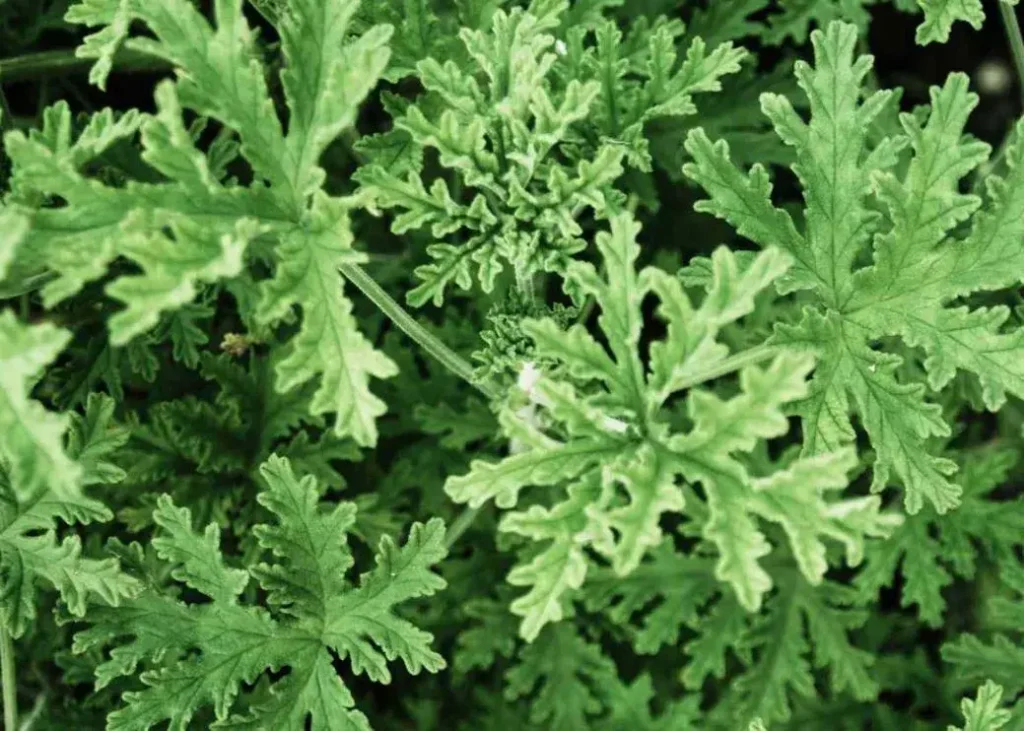
Derived from lemongrass, citronella stands as a well-known and natural mosquito repellent. The potent scent of citronella serves as a formidable mask, concealing attractants that typically lure mosquitoes. This makes citronella an excellent choice for outdoor spaces where gatherings or quiet evenings are often disturbed by buzzing nuisances. Beyond its raw form, citronella candles and oils have gained popularity as pleasant alternatives to chemical sprays, offering a dual function of ambient lighting and effective mosquito control.
3. Marigold

Marigolds, with their vibrant and warm hues of orange and yellow, offer more than just visual delight in your garden. These blossoms serve a dual purpose, acting as both a burst of color and a natural repellent against mosquitoes. The distinctive fragrance of marigolds acts as a deterrent, discouraging mosquitoes from making your garden their breeding ground. Strategically planting marigolds around your garden or near entry points provides a natural and visually appealing barrier against these unwelcome intruders.
4. Basil
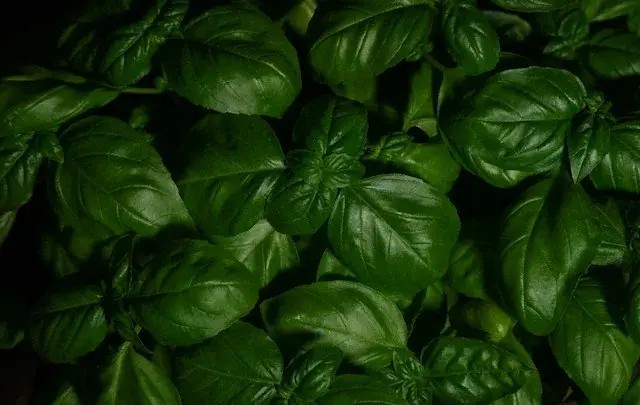
Basil, renowned for its culinary uses, reveals another facet of its charm as an effective mosquito repellent. The robust aroma of basil plays a crucial role in masking the scents that attract mosquitoes, making it an invaluable addition to your kitchen garden or outdoor seating area. Basil’s versatility shines through, allowing it to thrive in both pots and directly in the ground, provided it receives an ample amount of sunlight. Elevate your culinary space while keeping mosquitoes at bay with this aromatic and multipurpose herb.
5. Rosemary
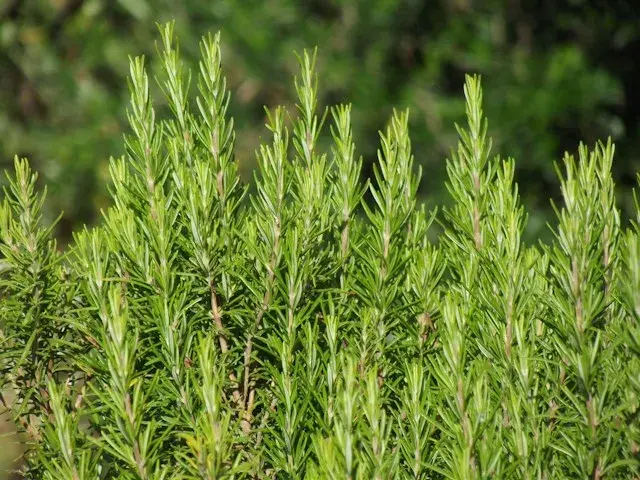
Rosemary, with its woody stems and fragrant leaves, proves to be a dual-purpose addition to your garden. Not only does it enhance the flavor of your culinary creations, but it also acts as a formidable natural mosquito deterrent. The aromatic oils found in rosemary plants serve as an effective barrier against mosquitoes, making it a delightful choice for both functional and aesthetic reasons. Optimal results are achieved by growing rosemary in well-drained soil and providing it with the necessary sunlight, ensuring a harmonious blend of culinary and mosquito-repelling benefits.
6. Mint
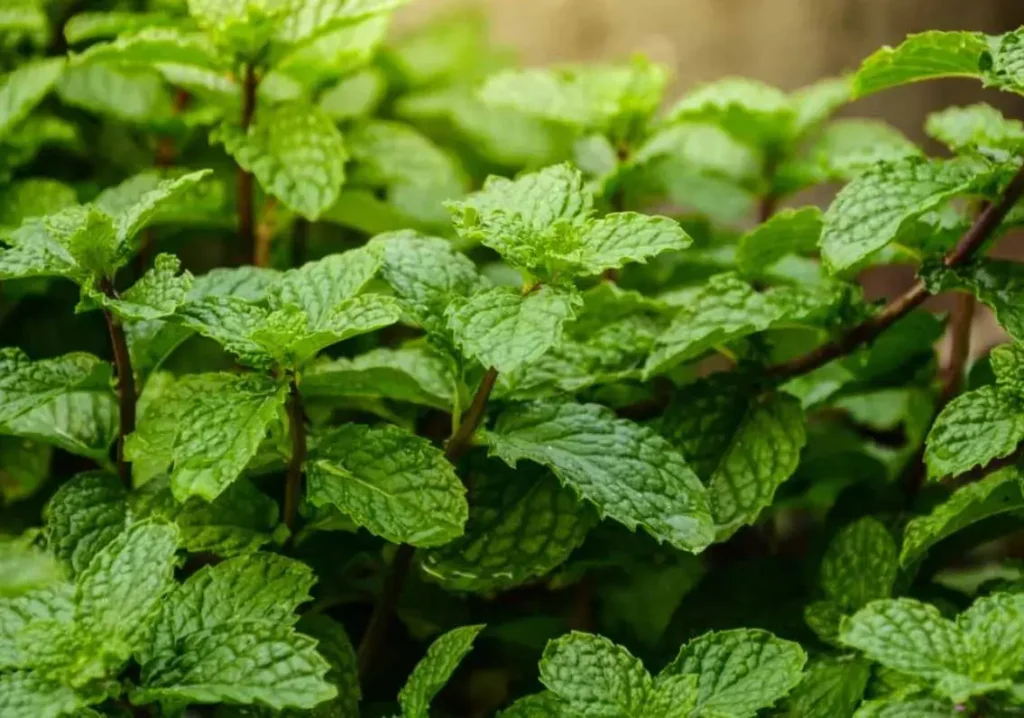
Mint, renowned for its refreshing scent and rapid growth, emerges as another formidable plant that mosquitoes prefer to avoid. The refreshing aroma of mint, coupled with its ability to repel mosquitoes, makes it an excellent choice for garden beds and containers alike. To prevent its aggressive spread in your garden, consider planting mint in pots while relishing its mosquito-repelling properties. Elevate your outdoor spaces with the refreshing aura of mint, naturally discouraging mosquitoes from making their presence felt.
7. Catnip
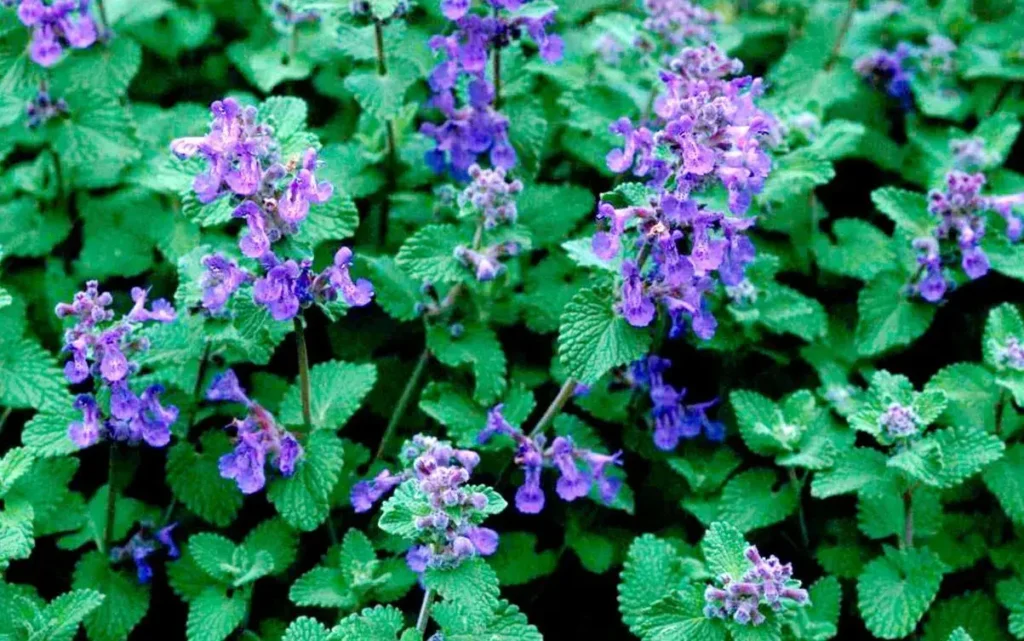
Catnip, beloved by feline friends, offers a unique solution as an effective mosquito repellent. The compound nepetalactone found in catnip confuses and deters mosquitoes, providing a dual function of delighting your cats and creating a natural mosquito-free zone. With its easy growth and maintenance, catnip can be strategically planted around outdoor living areas, offering a harmonious blend of practicality and amusement.
8. Lemon Balm
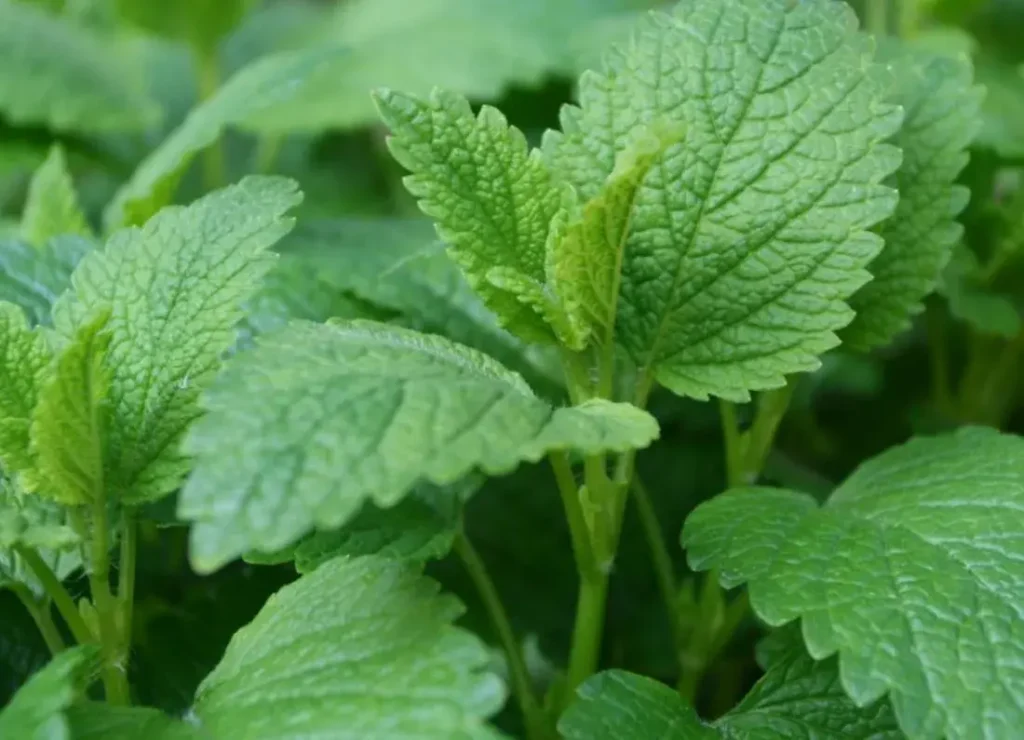
Lemon balm, with its citrus-scented leaves, emerges as a delightful addition to your mosquito control arsenal. The act of crushing its leaves releases a pleasant citrus aroma that masks the attractants mosquitoes seek, creating a natural shield against these pesky insects. Whether planted in pots or directly in the ground in sunny locations, lemon balm provides an aromatic and effective solution to repel mosquitoes, elevating your outdoor experience.
9. Geranium
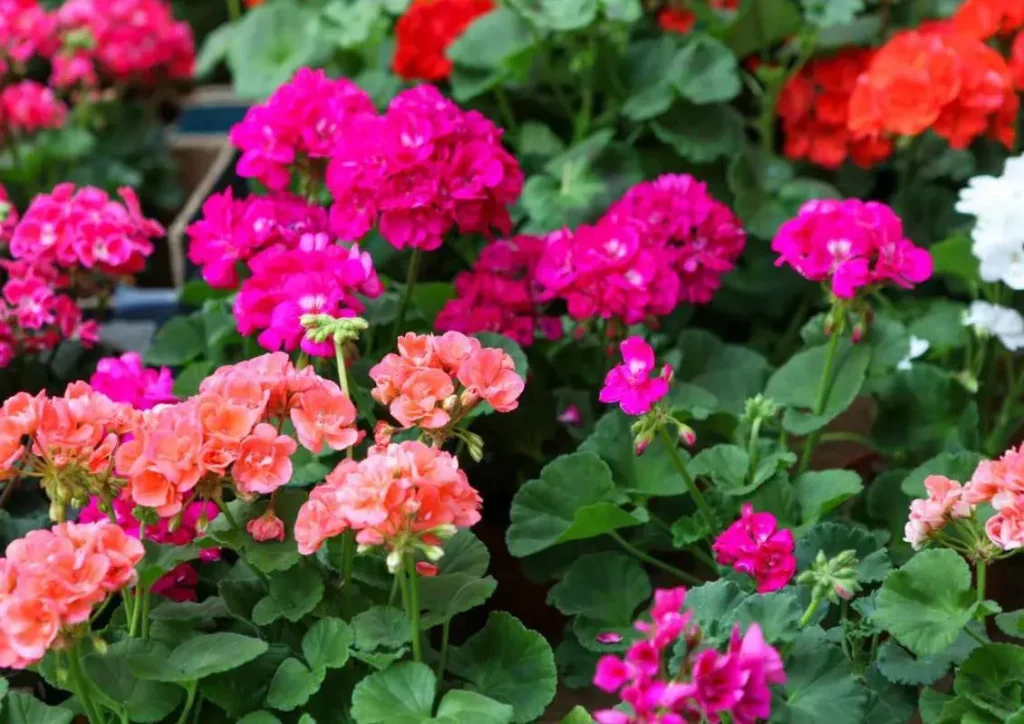
Geraniums, known for their vibrant blooms and aromatic foliage, transcend their role as mere garden beautifiers to become effective mosquito repellents. The strong and captivating scent of geraniums confuses and deters mosquitoes, making them an attractive addition to your outdoor living spaces. Whether planted in containers or garden beds, geraniums offer an aesthetically pleasing and fragrant solution to optimal mosquito control.
10. Neem
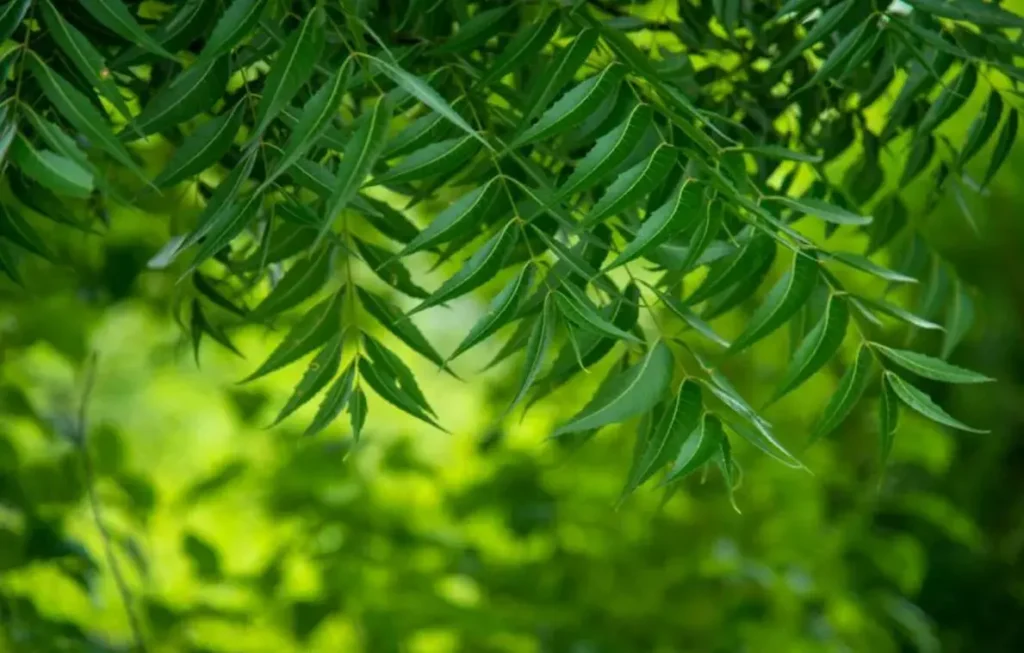
The neem tree, native to the Indian subcontinent, stands as a venerable source of medicinal properties, with neem offering itself as a natural insect repellent. Among its many virtues, neem contains compounds that disrupt the growth and reproduction of mosquitoes, presenting an eco-friendly alternative to chemical insecticides. Whether through the presence of neem trees or the utilization of neem-based products, incorporating neem into your mosquito control strategy provides effective results while contributing to environmental sustainability.
FAQs
1. Can these mosquito-repellent plants be grown indoors?
Yes, many of these plants, such as lavender, basil, and mint, can be grown indoors in pots, providing natural mosquito protection for your home.
2. How often should I water these plants for optimal growth?
Most mosquito repellent plants prefer well-drained soil and should be watered when the top inch of soil feels dry. Avoid overwatering, as this can lead to root rot.
3. Are there any other benefits to having these plants in my garden?
Absolutely! Besides repelling mosquitoes, these plants can attract beneficial insects, enhance soil health, and contribute to a vibrant and diverse garden ecosystem.
4. Can I use these plants alongside other mosquito control methods?
Yes, combining these plants with other mosquito control methods, such as screens and proper waste management, can provide comprehensive protection against mosquitoes.
5. Are these plants safe for pets and children?
While many of these plants are safe, it’s advisable to research each specific plant and take necessary precautions, especially if you have pets or young children.
Conclusion
Incorporating mosquito-repelling plants into your outdoor spaces adds aesthetic value and contributes to a natural and effective approach to mosquito control. From the soothing fragrance of lavender to the vibrant colors of marigolds, these plants offer a delightful and practical solution to mosquito problems. Consider planting a variety of these mosquito-repelling plants to create a more enjoyable and insect-free environment for you and your family.